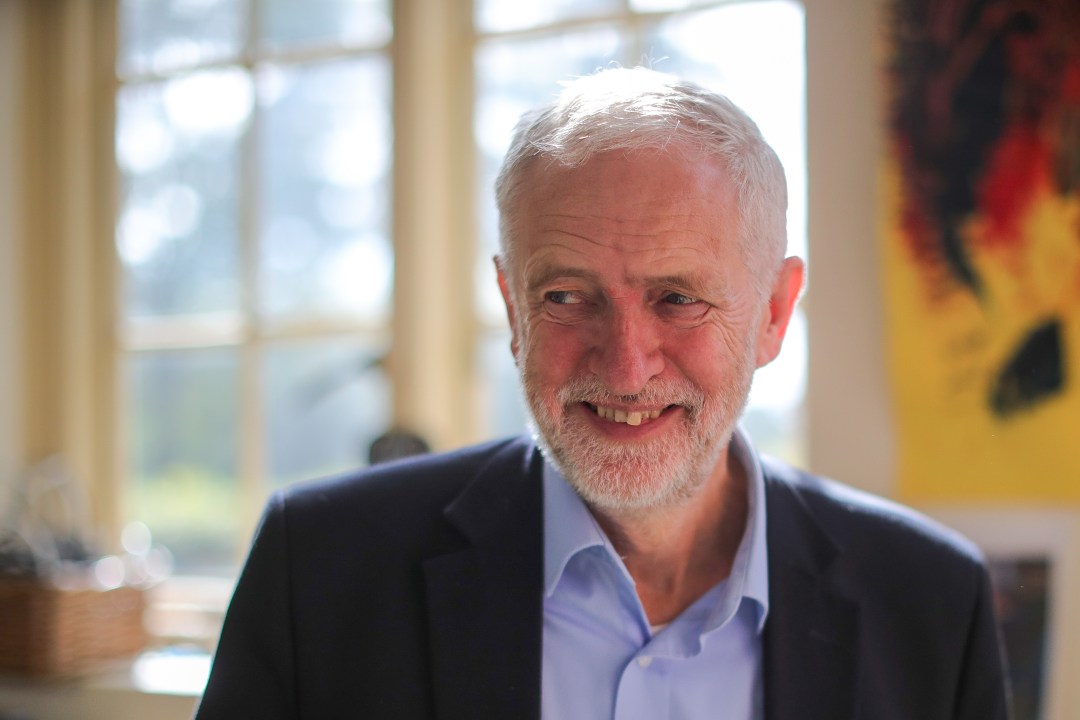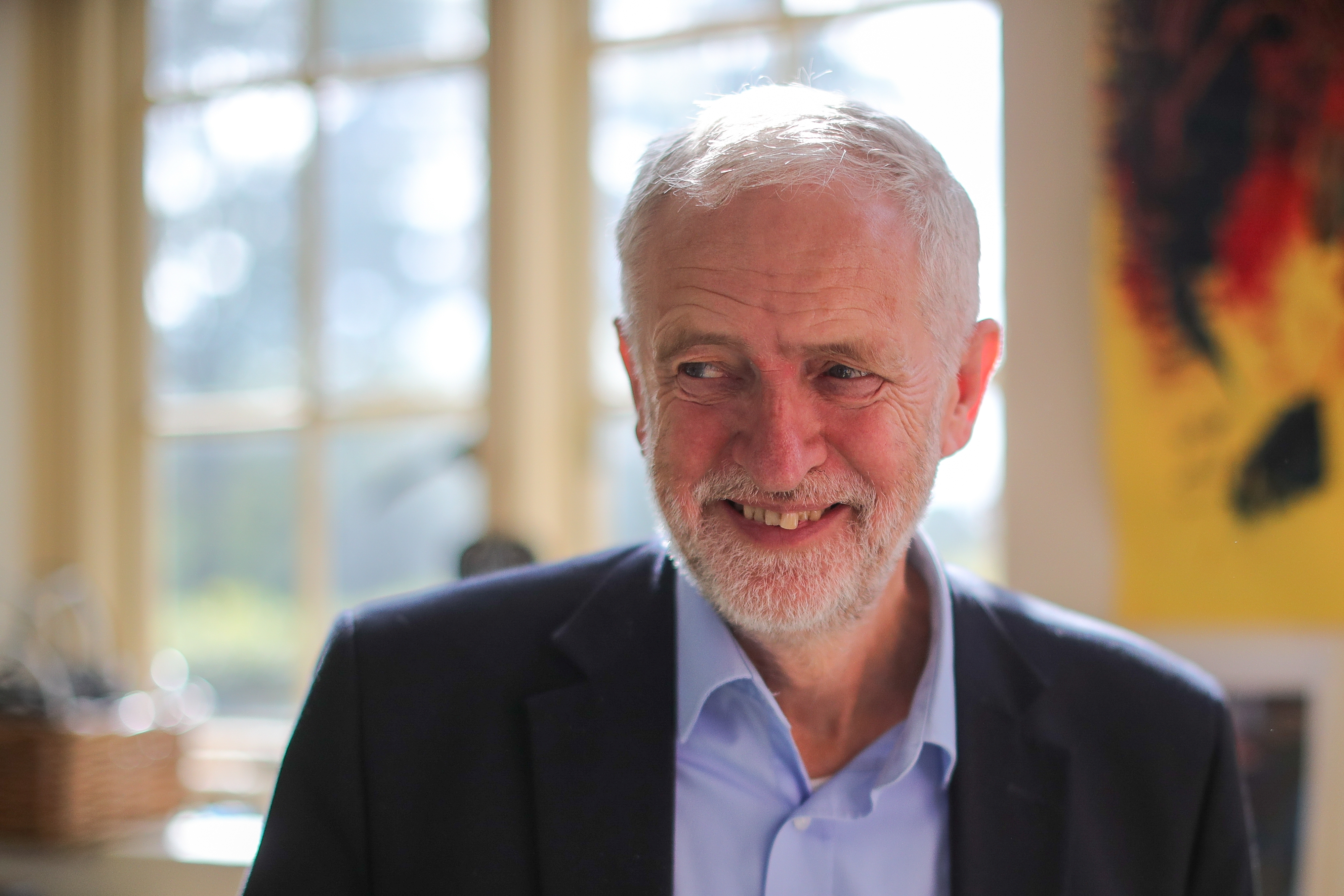One of the daily rituals in British politics at the moment is each of the main parties sending out press releases about how ‘hopelessly divided’ the other is on Brexit. There are so many facets on which politicians can bicker that this ritual won’t end with the negotiations, or the transition period (however long that ends up being) or indeed with the eventual relationship with the EU that Britain settles into.
“There will be a lot of movement” of workers after Brexit – @jeremycorbyn tells #marr pic.twitter.com/qn38wWGQks — The Andrew Marr Show (@MarrShow) September 24, 2017
Today Labour is ‘hopelessly divided’ over the question of single market membership and freedom of movement, and Jeremy Corbyn wasn’t in a tremendous hurry to close that division when he appeared on the Marr Show this morning. He was pressed on whether the new emphasis on the views of the Labour membership would mean that the party would support the UK staying in the single market after Brexit (around 60 per cent of members think it should). He is also under pressure from a group of MPs who have called, in the Observer today, for the party to commit to staying in the single market. To add to the hopeless divisions (for there are many), there is also a separate Labour campaign for freedom of movement which is holding a rally tonight, though not all of the pro-single market MPs agree with such a full-on endorsement of freedom of movement as the one being pushed at tonight’s event, as they fear it will upset their constituents who voted Leave to control immigration. Then, there are those on the Old Right of the party, who believe freedom of movement must end, and that anyone who disagrees is from Metropolitan Elite London (not strictly accurate, given one of the speakers at tonight’s rally is a Merseyside MP); there are also those who want freedom of movement reformed within the single market (as well as those who think that’s impossible).
So Corbyn hasn’t even got a clear split on Brexit. Perhaps that’s why he tried so hard to avoid the questions on the single market and freedom of movement, eventually commenting that ‘there’s going to be a lot of movement’ of workers, and that ‘there has to be an agreement on it and how it is achieved’. Well, yes, that’s generally how things get done, though even this apparently anodyne observation seems more like a wish than a prediction at the moment, given how many positions each party is taking on the matter.








Comments